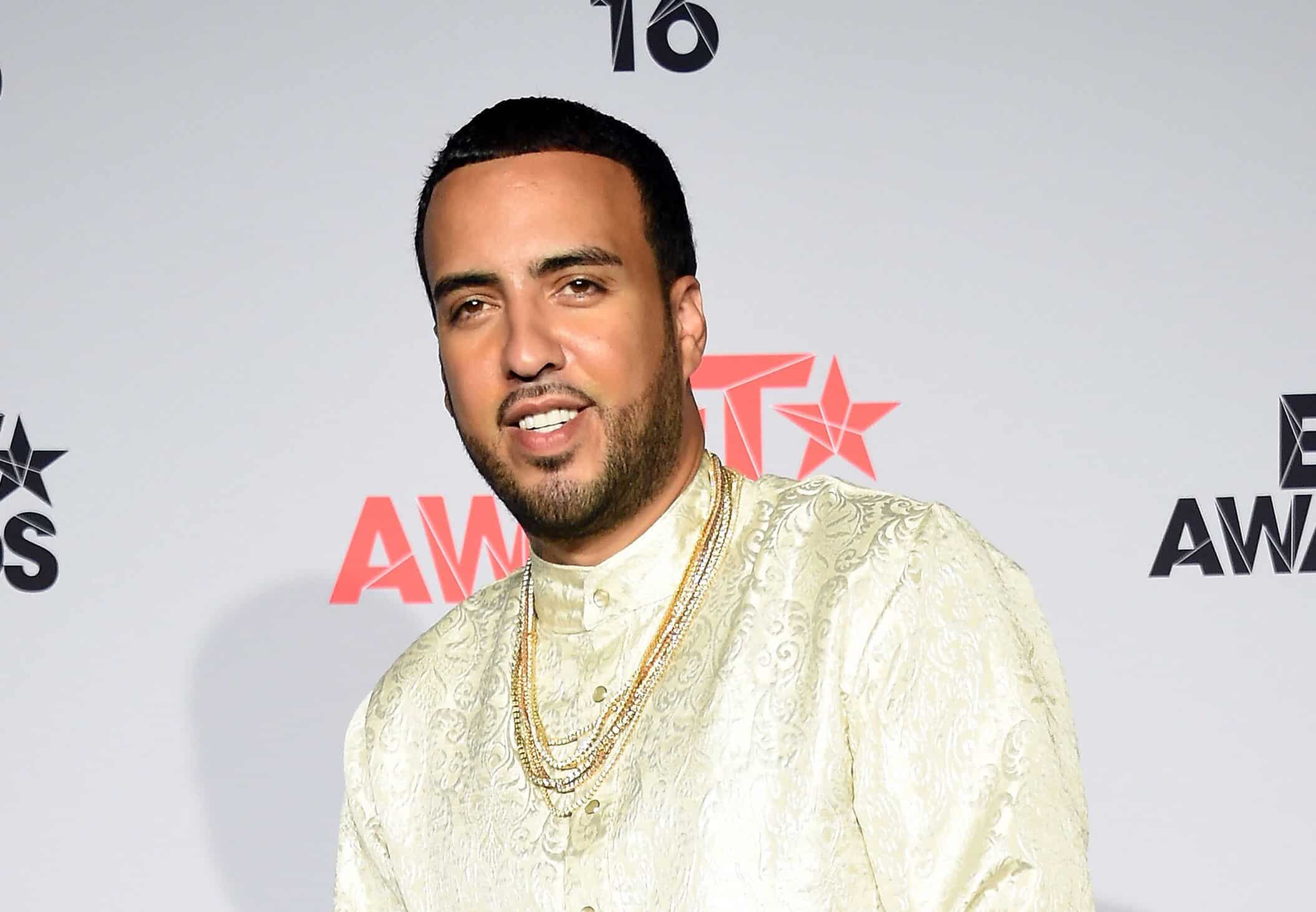COVID-19 vaccination campaign (Courtesy)
–
(CRHoy.com) A total of 1,511,649 people are still pending to complete the vaccination schedule against COVID-19.
This is reflected in the Integrated Vaccine System (SIVA) of the new website of the Costa Rican Social Security Fund (CCSS).
The platform realizes that only one 46.80% of the total population to be vaccinated the third dose against the virus has been placed.
This vaccine, which began as a booster, was included at the end of February by the National Vaccination and Epidemiology Commission (CNVE) in the requirement to complete the immunization schedule.
At the cutoff of last July 11, the institution’s vaccinating teams had placed 2,418,813 third doses.
Importance of completing the outline
From the Social Security Fund they remember the importance of completing the vaccination scheme against the pandemic, to avoid complications or deaths associated with SARS-CoV-2.
“COVID-19 is still present in our country and continues to pose a risk of complications and even death for people, especially the most vulnerable, so it is necessary to keep the vaccination schedule up to date,” said Leandra Abarca, from the department of Epidemiological Surveillance.
CCSS authorities reported that in recent weeks there has been an increase “Discreet” in the amount of care and hospital admissions related to infections due to this disease.
Medical centers, such as the San Juan de Dios hospital, were, during the past week, on the verge of collapse, after maintaining up to 95% of hospital occupancy in beds for the care of positive patients.
“We urge the population that has any of the doses that we are currently applying pending to approach the vaccination that all health areas in the country have,” said Abarca.

Vaccination against COVID-19 in Costa Rica (Courtesy)
–
Reinforcement
A survey by the Development Observatory Research Center (CIOdD) of the University of Costa Rica (UCR) asked about the vaccination process in the country.
And 97.2% of those interviewed indicated that they had been vaccinated; therefore, only 2.6% said they had not yet undergone the vaccination process.
Of those who responded affirmatively to the question of whether they had already injected, 23.9% said they had received two doses; 59.8% have three doses and, to date, 15.3% said they have had 4 doses.
Among those who only have the basic scheme against COVID-19 (2 vaccines), the academic house asked them if they would get the booster vaccines (third and fourth doses).
To this, 71.5% indicated that they would, while 13.0% would not apply more injections against the virus.
Why don’t they get vaccinated?
The study by the University of Costa Rica collected the main reasons that Costa Ricans have who say they do not want to be inoculated against the pandemic.
Of the minority of people, who said they did not inject, six people indicated that they did not believe in the vaccine, four for fear of secondary effects, and one said that it does not work.
Among the main side effects of patients who received at least one dose of the biological, the following stand out:
- Fever (5.3%)
- Tiredness (17.9%)
- Headache (19.4%)
- Dolor muscular (16.4%)
- Chills (7%)
- Diarrhea (1.2%)
- Pain at the injection site (22.6%)
safe and effective
From the National Pharmacovigilance Center of the Ministry of Health, they recognize that although the vaccines do not have a health registry, their approval for emergency use makes these go through processes that guarantee their safety and effectiveness.
This was stated by Ileana Roverssi, a member of this body of the governing body. “There are other types of registries, such as the emergency use registry, which although it is not a registry as such, andIt is a whole procedure which ensures that the medicine complies with what is stipulated”.
Keep the schedule up to date vaccination against COVID-19, allows effective protection against this disease, both in the reduction of the risk of suffering from severe symptoms in case of contracting it and in the reduction of the risk of dying from it”, concluded Dr. Abarca.
–


